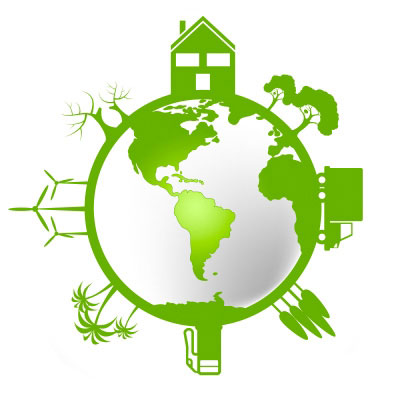
AQuality Systems
697-406-1463
Email: [email protected]
AQuality Systems
Μαρίνου Αντύπα 20 Αγρίνιο , Ελλάδα
ISO 14001:2015

Althought its application is not obligatory in certain branch of enterprises it can be applied successfully in all kinds of enterprises as in:
- Organisms that are interested for the better organisation of their environmental management processes.
- Organisms which wish they ensure the quality and reliability of suppliers and their collaborators appearing their sensitivity in environmental issues.
- Organisms which wish to gain advantage against their competitors.
- Organisms which wish their attendance in competitions, with pre-requisite the existence of such System in their company.
- Organisms that are interested for the optimisation and their continuous improvement.
In conclusion, ISO 14001 concerns all kinds of organisms and enterprises that wish to measure the effect of their activities in the environment, they set corresponding environmental objectives and they try for their achievement.
Advantages from the use of ISO 14001 are:
- Improvement of services /products of the company through the optimum economic management of its energy resources.
- Improvement of the applied environmental management processes and better control of them
- Improvement and assured exterior communication of the organism with its suppliers/customers/public and private organisms with which it collaborates.
- Improvement economic statistics and increase of effectiveness and productivity of the organism
- The total improvement of picture and effectiveness of the organism.
Implementation Of Environmental Management Quality System ISO 14001:
- Discussion on your requirements and realization timetable.
- Preliminary information for the organisation/your enterprise.
- Deposit of an offer for the total study and implementation of the E.Q.M.S and the follow-up process of Certification.
- Initial information for the organisation/enterprise.
- Scheduled meetings with the enterprise’s representative and information collection from the company΄s administration.
- Issue of the Environmental Management Quality Manual.
- Recording of all involved operational Processes.
- Preparation of Forms /Files of the Quality Management System.
- Recording of all Working instructions.
- Personnel΄s training in the System΄s requirements.
- Implementation of the Quality Management System in the Organism/ Enterprise.
- Monitoring of the System΄s Efficiency and functionality.
- Optimisation of the E.QMS if necessary.
- Quality Management System Certification by an external Independent Accredited Certification Body.
- Support of the System and after it΄s Certification process.

The main changes in the new version of ISO 14001: 2015 are:
- Adoption of the standard structure, as defined in Annex SL of ISO Directives Part 1, in order to easily manage the integration with other management systems and the adoption of the same terms and definitions in ISO 9001.
- Identification and assessment of risks posing an impact on the environmental performance of the organization and taking actions to deal with threats and promote the opportunities.
- Understanding the external and internal environment of the organism that affect its environmental performance.
- Monitoring and review of information related to interested parties and related needs and expectations
- Increasing the environmental management issues in the strategic planning of the organization's processes.
- Greater focus on leadership and increased engagement
- Addition of preventive initiatives to protect the environment from damage and deterioration, as the use of sustainable resources and the mitigation of climate change
- Addition of improving environmental performance
- Approval of the life cycle when considering the environmental aspects
- Addition of a communication strategy

Organizations that follow the ISO 14001: 2004 is recommended to perform the following:
- Appropriate training and awareness of all parties that affect the effectiveness of the organization
- Development of an implementation plan
- Identify the organizational deficiencies that must be addressed to meet the new requirements
- Update the existing environmental quality management system (EMS) to meet the revised requirements and provide monitoring of its effectiveness
- Contact with the certification body for the transitional arrangements
 English
English  Ελληνικα
Ελληνικα 